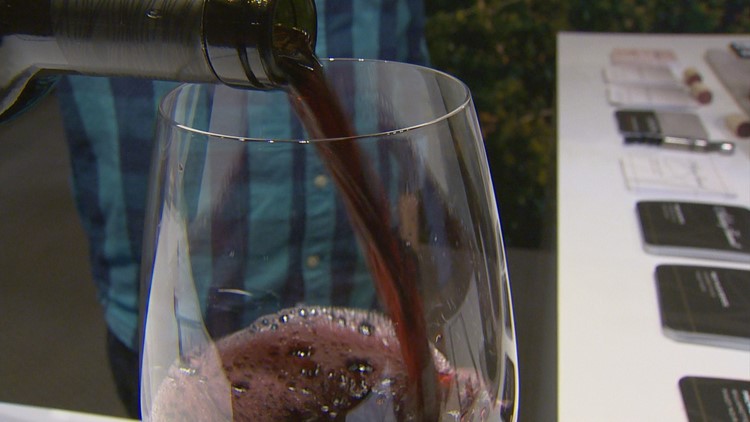Washington Congressman Dave Reichert, R-8th District, held a hearing Wednesday focused on ongoing trade tensions and the impact of retaliatory tariffs on U.S. agriculture products.
“U.S. farmers, ranchers, and growers right now are caught in the middle of international crossfire,” said Rep. Reichert, who chairs the subcommittee, during his opening statement.
“In Washington state, one winery has already lost a half a million in export sales after China imposed tariffs in retaliation,” said Rep. Dave Reichert. “Their shipments dropped by 50 percent in the second quarter alone.”
U.S. agriculture is now facing retaliatory tariffs from the E.U., China, Mexico, Canada, Turkey, Russia, and India, according to Reichert, meaning exporters are facing uncertainty in multiple top export markets.
Cass Gebbers of Gebbers Farms in Brewster, Wash., traveled to D.C. to testify this week. His farm grows apples and cherries, both products facing retaliatory tariffs currently.
During cherry season, underway right now, Gebbers testified he typically ships around 1.5 million boxes to China.
“This year, with the impact of these tariffs, think that number is going be cut by close to a million boxes,” Gebbers told the House subcommittee on trade. “Those boats have been rerouted to Vietnam or Taiwan or stuffed back into the U.S. market, which is creating extra supply and forcing down prices, all of this at the expense of our growers.”
As a result, Gebbers said he’s canceled or paused capital expenditure projects, such as upgrading equipment or expanding his orchards.
“We’re going to have to put them on the backburner or cancel them, and instead of maybe having 12 guys in a van, maybe we have to cut that down to nine guys because we’re going to have to lay some families off or get rid of some guys,” said Gebbers. “We have to figure out how to make it work in these tight margins.”
Russell Boening of the Texas Farm Bureau also testified that agriculture in rural America is “bearing the brunt of retaliation,” at a time when farmers are already struggling to make up for low commodity prices, high input costs and unpredictable weather.
“No one wants the administration to be more successful in this effort than we do, but is important to know these decisions have the potential to greatly damage our livelihoods,” said Boening.
“We must ask, what is the exact goal, what is the exit strategy,” added farmer Scott VanderWal of South Dakota who serves as vice president of the American Farm Bureau. “If we knew this would all be over within a few months, we could hang in there and manage around it, but none of us know what that timeframe is.”
In a joint statement, Boening and VanderWal warned Congress that farms could risk going out of business if “the growing trade war continues.”
The Trump administration, meanwhile, argues its trade policy centers around negotiating better trade deals and boosting enforcement of U.S. trade laws. This month, President Trump announced additional tariffs on $200 billion worth of China goods, intended to deter unfair trade practices and intellectual property theft. China responded with additional retaliatory tariffs against U.S. products, hitting agriculture especially hard.
Escalating trade tensions with China come as U.S. officials are still trying to renegotiate the North American Free Trade Agreement with Canada and Mexico.



